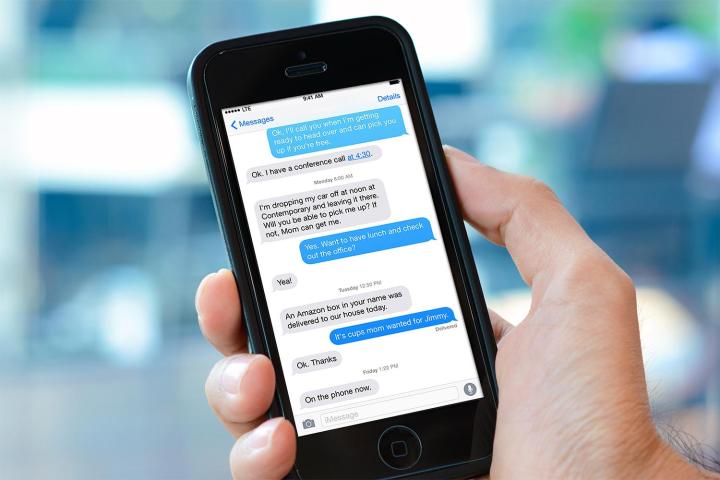
Federighi’s failure to make any mention of Google’s mobile operating system put to bed recent rumors that the messaging software was about to extend its reach beyond iOS.
A couple of days on and a senior Apple executive has offered up a couple of reasons why the company has no immediate plan to launch iMessage for Android, and may never do so.
Speaking to tech journalist Walt Mossberg, the unnamed executive said that with a billion iOS devices in use, it already has access to a large enough data set for any AI initiatives the company may be working on.
And secondly, the executive took the familiar Apple line that building something desirable exclusively for Apple’s ecosystem will help strengthen loyalty among its current user base and at the same time drive sales of its devices.
Of course, Apple isn’t entirely averse to taking its own apps beyond iOS. Apple Music launched for Android last year, though obviously, in contrast to iMessage, the service presents a huge revenue opportunity for Apple.
So there you have it. iMessage looks set to remain exclusive to Apple users for the foreseeable future, with the Cupertino company considering it an important part of its ecosystem. This was certainly reflected in its decision to overhaul the app, with lots of new features announced for the software at the start of the week.
iDevice owners can try out the revamped app when iOS 10 launches in the fall, but if you missed Monday’s keynote and are keen to to learn more about what’s coming with the next version of iMessage, check out our report here.


